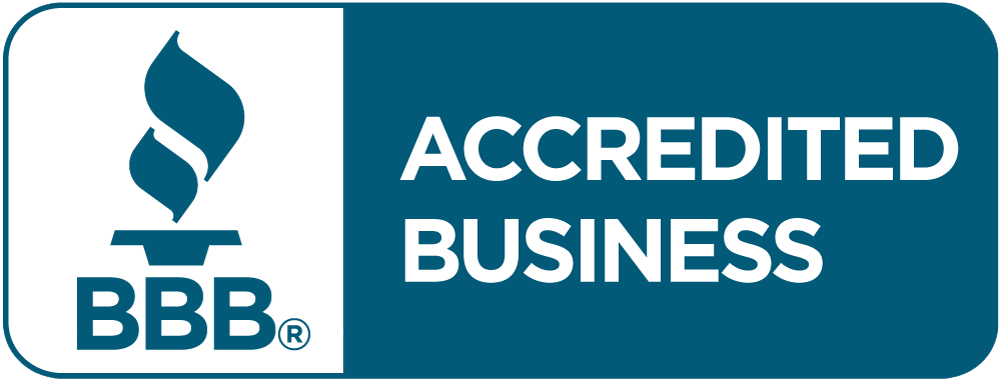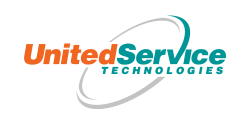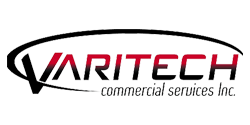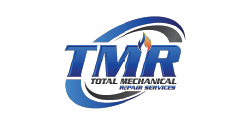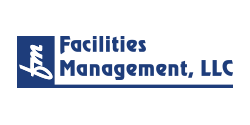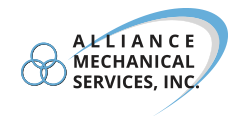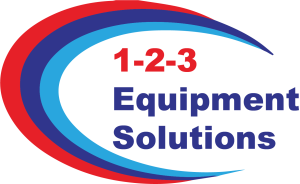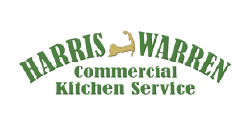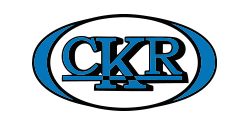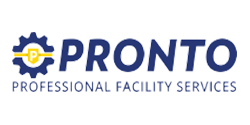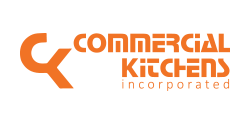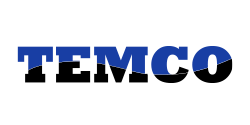How Preventative Maintenance Protects Your Bottom Line

In the fast-paced, high-pressure world of commercial kitchens, safety isn’t just a priority — it’s the foundation of your entire operation. From ensuring your team’s well-being to maintaining seamless service and upholding your reputation, safety is non-negotiable.
Keeping a commercial kitchen safe is about being proactive. This is where preventative maintenance comes into play, not only as a safety measure but as a smart business strategy that protects your bottom line.
Why preventative maintenance is non-negotiable for your kitchen
Let’s face it — commercial kitchens are swarming with potential hazards. With razor-sharp knives, scalding temperatures, and industrial-grade equipment, it’s no wonder kitchens rank among the most dangerous workplaces. While accidents might seem inevitable, they’re often preventable with the right maintenance practices in place.
Preventative maintenance is your kitchen’s insurance policy. It’s the ongoing commitment to keeping your equipment and facilities in peak condition, reducing the risk of unexpected breakdowns, costly repairs, and, most importantly, accidents. Here’s why it’s a must:
- Minimize downtime, maximize uptime: In the restaurant business, time is money. When a critical piece of equipment fails during a busy shift, it can lead to significant downtime, lost revenue, and frustrated staff. Regular maintenance helps identify small issues before they become big problems, keeping your service uninterrupted.
- Compliance equals confidence: Health and safety regulations in the foodservice industry are stringent for a reason. Failure to comply can result in hefty fines, damaged reputation, or even a shutdown. Preventative maintenance ensures your kitchen consistently meets these standards, giving you peace of mind and confidence during inspections.
- Safety first, always: A safe kitchen is a productive kitchen. By regularly servicing your equipment and facilities, you’re not only protecting your team from accidents but also fostering a work environment where safety is ingrained in the culture. This leads to happier, more focused employees who can perform at their best.
- Protect your investments: Commercial kitchen equipment is a significant investment. Regular maintenance extends the life of these assets, ensuring you get the most out of your investment.
Focus areas for a solid preventative maintenance plan
To reap the benefits of preventative maintenance, it’s essential to address all the key areas in your kitchen. Here’s where you should focus your efforts:
- Routine equipment checks: From ovens to refrigerators, fryers to dishwashers, every piece of equipment should be inspected, cleaned, and serviced routinely. This attention helps catch wear and tear early and keeps everything running as needed.
- Tackle grease before it becomes a problem: Grease is the enemy of kitchen safety as a fire and slip hazard. Make sure exhaust hoods, ducts, and filters are cleaned regularly. Floors should be scrubbed and degreased frequently to prevent accidents and maintain a clean, inviting workspace.
- Electrical and gas safety: Electrical and gas systems are critical yet potentially dangerous components of a commercial kitchen. Regular checks by qualified professionals can prevent fires, gas leaks, and other hazards. Ensuring these systems are in top shape is essential to the safety of your staff and the stability of your business.
- Ventilation and air quality: Good ventilation is about comfort, safety, and compliance. Regularly inspect and clean ventilation systems to keep air quality high and prevent dangerous buildups of smoke, grease, or gas. Proper ventilation also helps keep your kitchen at a comfortable temperature, which is essential for both staff morale and equipment efficiency.
- Maintain flooring and work surfaces: Slips, trips, and falls are some of the most common kitchen accidents, but they’re also some of the most preventable. Keep floors in good condition, repair cracks promptly, and use non-slip mats in high-risk areas. Work surfaces should be maintained to prevent contamination and to provide a stable, sanitary environment for food preparation.
How to implement an effective preventative maintenance program
Establishing a preventative maintenance program doesn’t have to be complicated, but it does require commitment and organization. Here’s how to get started:
- Develop a comprehensive schedule: Create a detailed maintenance schedule that covers every aspect of your kitchen, from equipment servicing to floor cleaning. Stick to this schedule to prevent small issues from snowballing into major problems.
- Empower your team: Your staff is on the front lines every day, so make sure they’re trained to recognize early warning signs of potential issues. Encourage a culture of safety and responsibility, where everyone feels empowered to take action when something isn’t right.
- Document everything: Keep records of all maintenance activities. This documentation is useful for tracking the condition of your equipment and essential for demonstrating compliance during inspections.
- Partner with professionals: Don’t do it alone. Engage with qualified professionals for regular inspections and servicing of your most critical systems. Their expertise will help you catch issues you might miss and provide valuable peace of mind.
Investing in safety is investing in success
In the world of foodservice, where reputation is everything, safety is the cornerstone of your success. Preventative maintenance is an investment that pays off in reduced downtime, fewer accidents, compliance with regulations, and a more efficient, productive kitchen. By taking a proactive approach, you protect your staff and assets while safeguarding your entire operation.
Take a moment to assess your current maintenance practices. Are you doing everything you can to keep your kitchen safe? If not, it’s time to implement a preventative maintenance program that exceeds industry standards. Your bottom line — and your peace of mind — will thank you.
Contact us at (888) 774-4950 or here to schedule your preventative maintenance appointment today!



